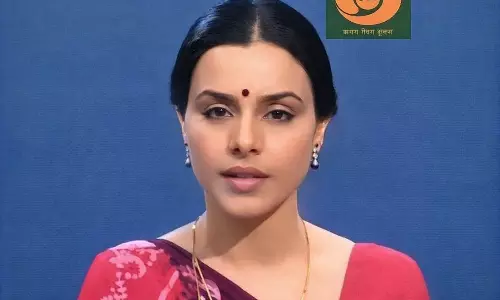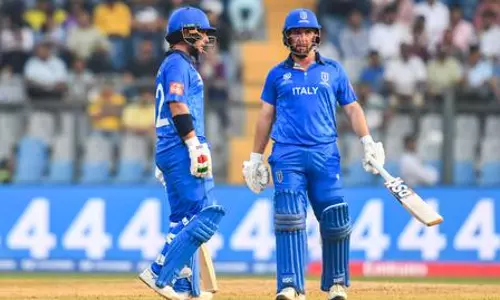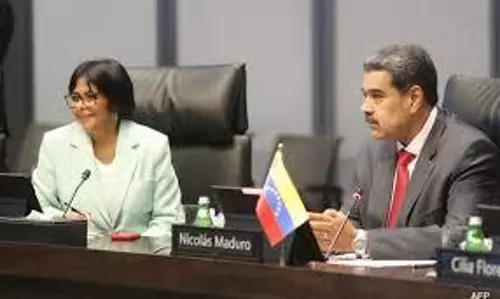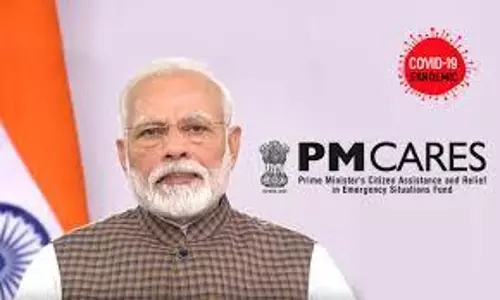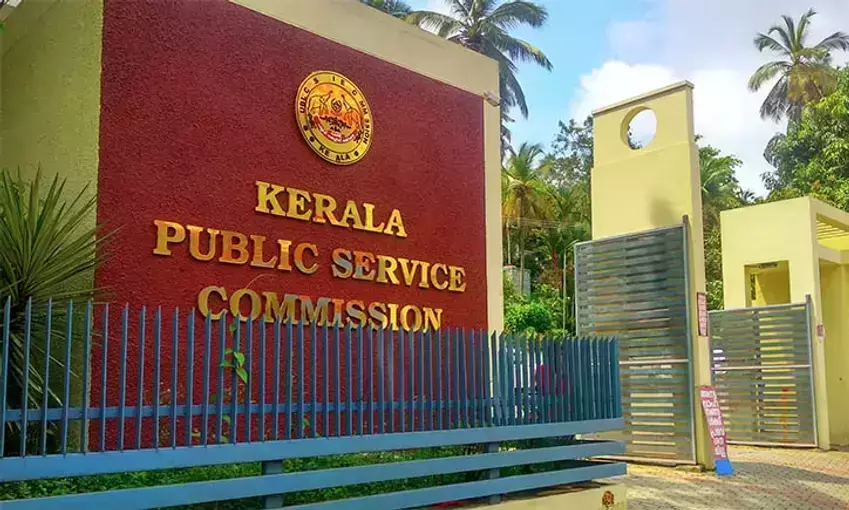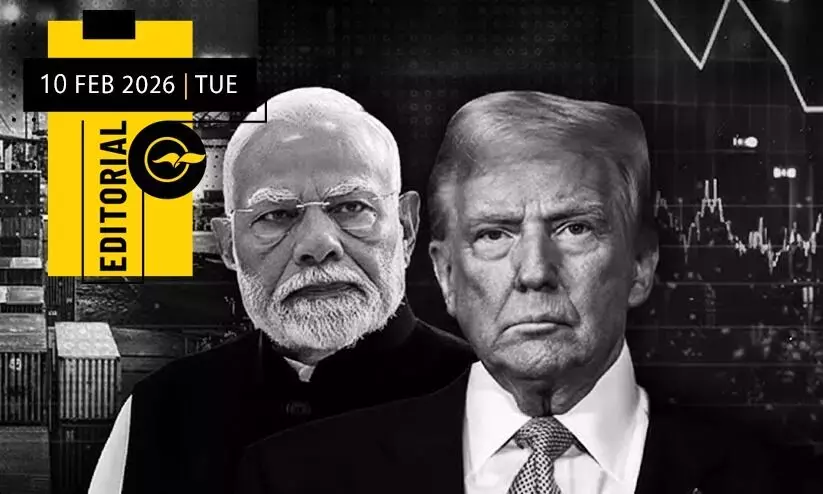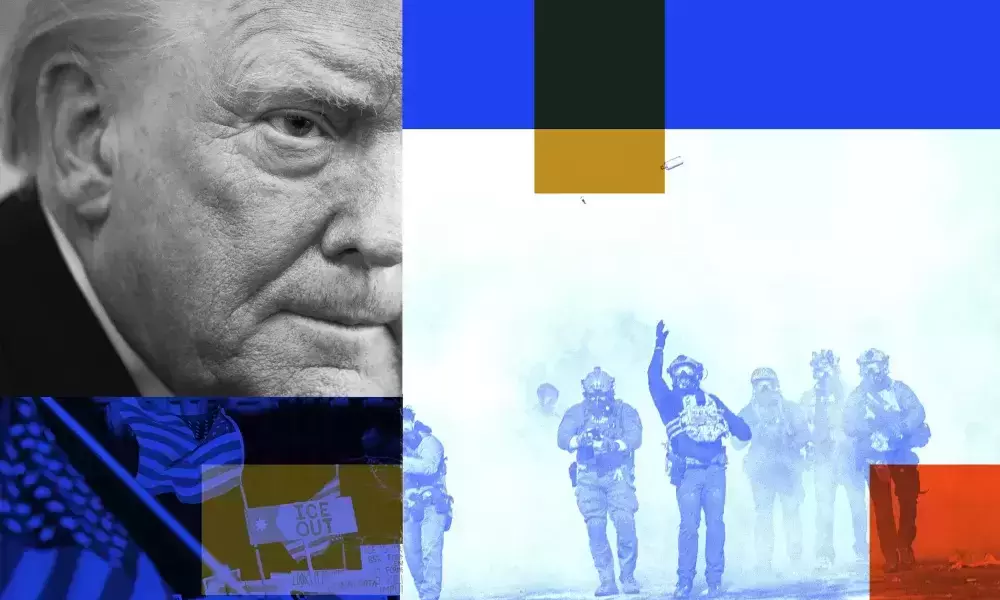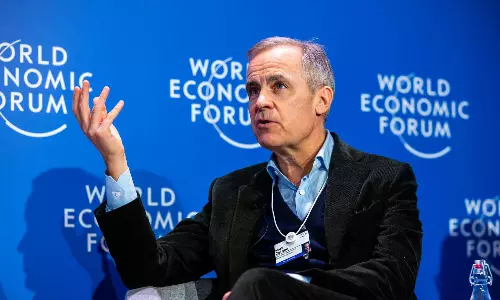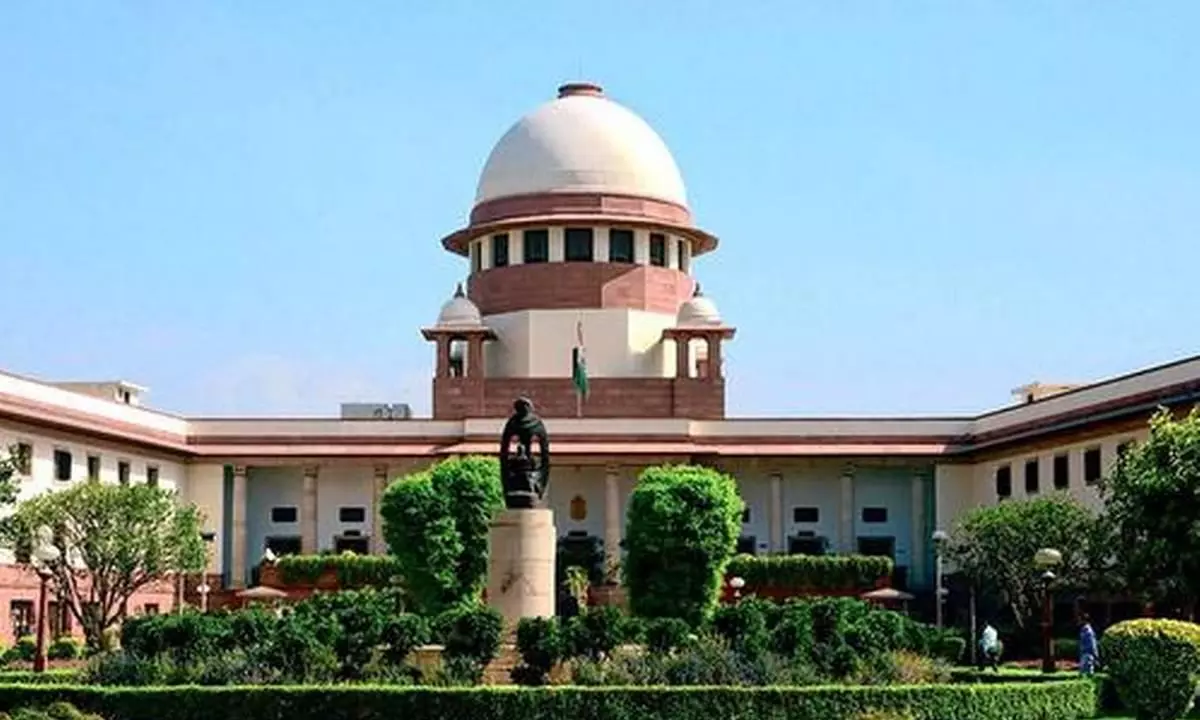
SC to hear Union Govts' plea against Madras HC observation on EWS quota in medical admissions
text_fieldsNew Delhi: The Supreme Court is scheduled to hear on Monday the Union government's plea against the Madras High Court's observation that the notification on grant of 10 per cent quota to the economically weaker sections (EWS) in all-India quota (AIQ) seats of medical colleges would require approval of the top court.
While disposing of the contempt plea of the Dravida Munnetra Kazhagam (DMK) against the Union government, the Madras High Court, on August 25, had approved the July 29 notification of the central government providing 27 per cent reservation to OBC (other backward classes) candidates for admission in central medical colleges under the All-India Quota (AIQ).
The high court, however, had said the inclusion of a further 10 per cent by way of vertical reservation for economically weaker sections (EWS) would require the approval of the Supreme Court and to this extent, the reservation for the EWS, as indicated in the July 29 notification, has to be regarded as impermissible till such approval is obtained.
However, with regard to 10 per cent reservation for EWS, the High Court had observed: "The additional reservation provided for Economically Weaker Sections in the notification of July 29, 2021 cannot be permitted, except with the approval of the Supreme Court in such regard." Aggrieved by this, the Centre rushed to the top court on September 3 against the HC's observation and its plea is listed for hearing on Monday before a bench comprising justices D Y Chandrachud and B V Nagarathna.
In addition to the Union government's appeal, the top court would also hear pleas filed by Neil Aurelio Nunes and Yash Tekwani pertaining to the notification.
Earlier, the High Court had approved the notification of the Centre providing 27 per cent reservation to OBC candidates for admission in medical colleges under the AIQ.
However, it had rejected a plea for more reservation for Tamil Nadu and had said the reservation of AIQ seats for admission to the undergraduate, postgraduate and diploma medical and dental courses across the states must be uniform.
Logically, if the seats are given to candidates across the country, there cannot be reservation to one extent in one state and to another extent in a different one, the Madras High Court had said.
The DMK had contended that the OBC candidates in the state must be made eligible for 50 per cent reservation as envisaged under the Tamil Nadu Backward Classes, Scheduled Castes and Scheduled Tribes (Reservation of Seats in Educational Institutions and of Appointments or Posts in the Services under the State) Act, 1993.
The High Court had then closed the contempt petition from the ruling DMK seeking to punish the Union government officials concerned for not implementing an order of the High Court issued in July 2020.
It had added that the in-principle approval of the Supreme Court for providing reservation for OBC candidates under AIQ for medical admission in the state is apparent from its order dated October 26, 2020.
To such extent, the provision made for 27 per cent reservation in such regard appears to be permissible, since the apex court approved the implementation of reservation for OBC candidates beginning from the academic year 2021-22 by the same order.
On the issue of 10 per cent quota for EWS category students, the High Court had said that the reservation cannot exceed 50 per cent as the Supreme Court judgement in the Indra Sawhney case had stated that the quota cannot exceed the cap unless there are exceptional circumstances.




